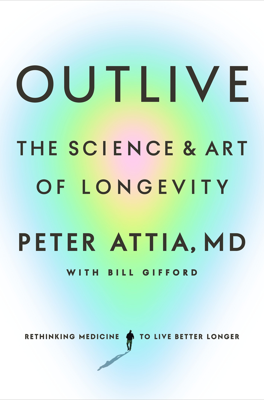The Runaway Cell: New Ways to Address the Killer That Is Cancer
Immunotherapy's Promising Horizon
- Historical Insights: The chapter introduces Steve Rosenberg, a significant figure in cancer treatment advancements, particularly in immunology.
- Discovery: Rosenberg's inspiration came from a patient with a surprising recovery from metastatic stomach cancer, theorized as an immune system victory over the cancer cells. This spurred Rosenberg's further research into immunologically based cancer treatment.
Advances in Cancer Research and Medicine
- Mixed Progress: Despite extensive funding towards cancer research (over $100 billion by the National Cancer Institute alone), the mortality rates from cancer remain high.
- Technological Impact: Advances have been made in specific areas such as childhood leukemia, and some adult cancers like Hodgkin's lymphomas.
Genetic Complexity of Cancer
- Genetic Studies: The Cancer Genome Atlas project aimed to map cancer cell genomes to identify mutations causing cancer but found substantial complexity and variability, complicating the pursuit of universal treatments.
- Metabolic Behavior: Cancer often shows altered metabolism (Warburg effect), suggesting potential metabolic targets for therapy.
Rosenberg's Continued Contributions
- CAR-T Therapy: Rosenberg adapted methods to engineer T cells with specific antigen receptors targeting a patient's tumors, leading to the advancement of chimeric antigen receptor T-cell (CAR-T) therapy.
- Mixed Outcomes: Despite successes, broad application remains limited; successes are significant in certain types like B-cell lymphoma but not universally effective.
Comprehensive Cancer Strategy
- Multiple Fronts: Effective cancer treatment requires a multidimensional approach, including prevention, targeted treatments, and early detection.
- Detection: Emphasizes the importance of early, aggressive cancer screening to improve treatment outcomes.
The Immense Potential of Immunotherapy
- Scope of Impact: Although immunotherapy advances hold promise, they currently benefit a relatively small percentage of patients.
- Holistic View: Calls for a combination of therapies (e.g., combining immunotherapy with targeted treatments) to improve outcomes and target cancer cells effectively.
Investments in Early Screening
- Critical Early Detection: Advocates for more robust and early screening arguing that early-stage cancers are significantly more treatable.
- Future Hopes: With advancements in treatments like immunotherapy and improved early detection methods, there is a promising path toward transforming cancer into a more manageable, less fatal disease.
The chapter details the journey and innovations in cancer treatment, particularly focusing on the role of immunotherapy, the complexities of cancer genetics, and the critical need for systemic strategies encompassing prevention, advanced treatments, and early detection to improve survival rates and patient outcomes.
